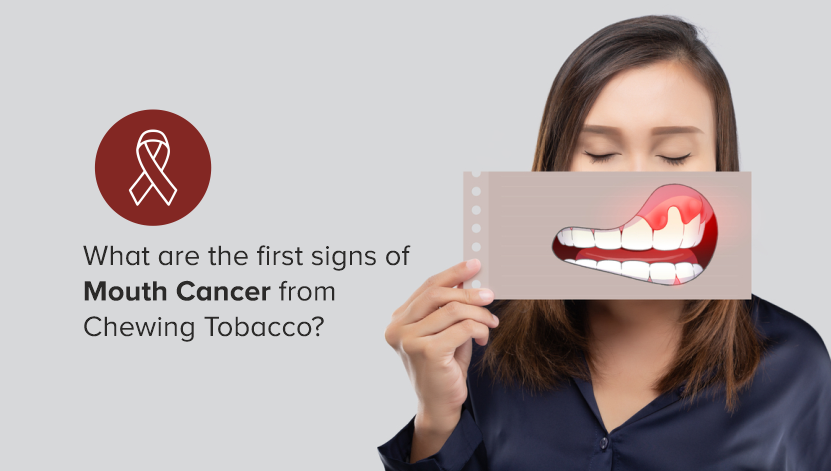Chewing tobacco, a habit often dismissed as less harmful than smoking cigarettes, carries significant health risks, including an increased risk of mouth cancer. Recognizing the early signs of this disease can be crucial for timely intervention and treatment.
